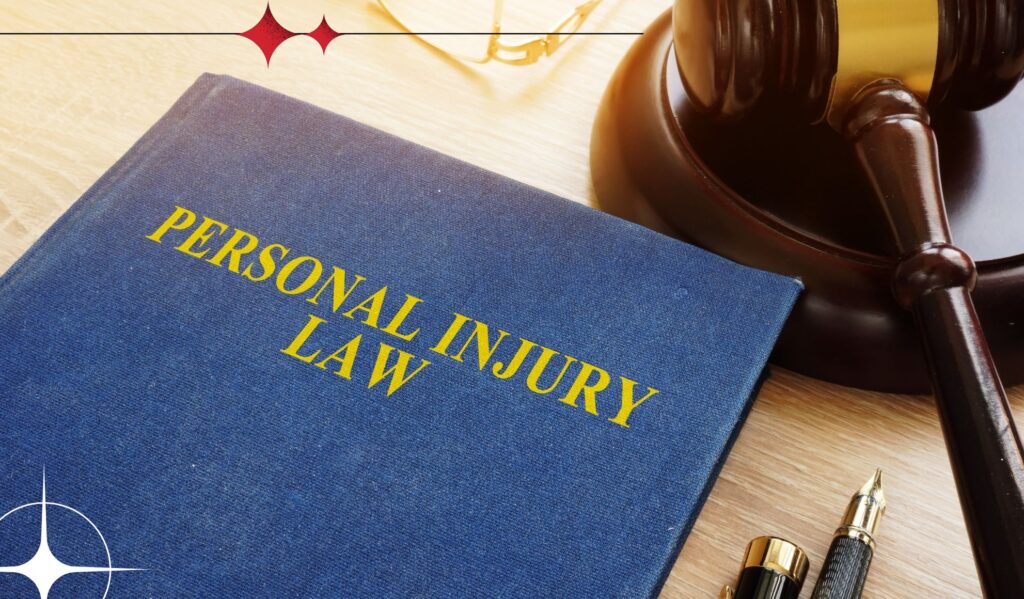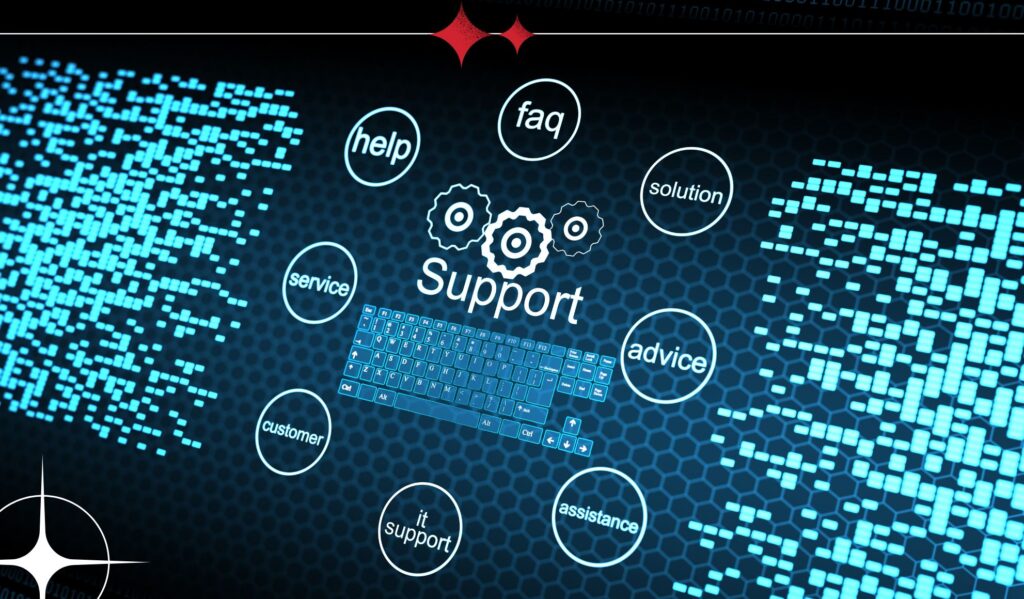Resource Management For Personal Injury Victims During Recovery: A Guide
by Ankita Tripathy Legal Published on: 20 October 2023 Last Updated on: 17 April 2025

Personal Injury Victims During Recovery can be a life-altering event that saves not only one’s physical well-being but also one’s financial stability. As one navigates recovery, managing one’s resources effectively becomes paramount.
This article is here to help you learn how to manage your resources effectively while you recover from a personal injury.
Below, we will cover important topics like understanding insurance claims, making smart financial choices, and knowing when to seek legal assistance.
What Is Meant By Personal Injury?

Pretty much as the name implies, personal injury refers to physical, mental, or property injuries caused to a person due to the negligence of others. Such injuries might let an injured person file a lawsuit against the party who is at fault. The goal of the lawsuit is to charge the latter for recovery compensation for all the damages that have taken place.
Some common claims for personal injury consist of
- Truck accidents
- Motorcycle accidents
- Automobile accidents
- Accidents at the construction site,
- Wrongful demise,
- Medical and health malpractice
If you want to continue with filing a lawsuit against the at-fault party, there are certain things that you might have to prove like:
- Failure to meet the standards
- Your injuries are a result of their negligency
- There have been financial repercussions because of the injuries
Maximizing Your Benefits And Coverage

Understanding insurance coverage is one of the first steps in effective resource management. Whether you have health insurance, auto insurance, or disability insurance, getting the proper information and assistance from the Trantolo Law Firm to know the extent of your coverage and benefits can significantly impact your recovery.
- : Review your health insurance policy to understand what medical expenses are covered. This includes hospital stays, surgeries, therapies, and prescription medications. Ensure you know your co-pays, deductibles, and any out-of-pocket maximums.
- : If your injury resulted from a car accident, your auto insurance policy may provide coverage for medical expenses through Personal Injury Protection (PIP) or MedPay. Familiarize yourself with the coverage limits and filing procedures.
- : If your injury hinders your ability to work, disability insurance can provide financial support. Understand the waiting period, benefit percentage, and duration of coverage.
Managing Finances During A Personal Injury Recovery

Your recovery needs an extensive budget to control your financial circumstances effectively. Building a budget lets you monitor what you make, along with all expenses alongside future financial burdens from your injury.
Record all your current sources of money which include wages and disability benefits, together with insurance settlements and other financial help.
Organize your expenses between fundamental needs, including housing costs and utilities spending, and miscellaneous expenses for entertainment and eating outside the house. Look for specific areas where reductions in expense levels can be achieved.
Include all expenses directly related to your injury, such as health supplies and appointment transportation costs, and property adaptations. Factor these into your budget.
A separate emergency fund should be created to support both unexpected costs and interruptions in income.
Seeking Legal Assistance

In some cases, personal injury victims may need to take legal action to fight for compensation, especially when the injury resulted from someone else’s negligence. Here are some things to keep in mind when deciding to enlist the help of an attorney:
- : Schedule a consultation with a personal injury attorney to assess the viability of your case. They can provide insights into liability, potential compensation, and legal processes.
- : Many personal injury lawyers will work on a contingency fee basis. Ultimately, this means they only get paid if you win your case. This arrangement can alleviate some financial burdens during the legal process.
- : Your attorney can help you decide whether to pursue a settlement or take your case to court. They will negotiate on your behalf and guide you through the legal proceedings.
Exploring Financial Assistance Options

During your recovery, you may encounter financial challenges that exceed your resources. In such situations, consider exploring various financial assistance options:
- : Depending on your circumstances, you may qualify for government assistance programs like Medicaid, Supplemental Security Income (SSI), or Temporary Assistance for Needy Families (TANF).
- : Many nonprofits and charities offer financial assistance, especially for medical expenses. Research organizations that align with your needs.
- : Online crowdfunding platforms can effectively raise funds for medical bills and related costs. Share your story and seek support from friends, family, and strangers.
Long-Term Financial Planning

Your instantaneous recovery needs must be your main priority, yet you ought to think ahead about how your financial situation will evolve.
Financial planning for the long term will bring stability to your life as you build security for your future.
Warranty inspections should be carried out periodically to validate that it remains appropriate in your current situation.
You should rebuild your savings after recovery while investigating investment choices to develop financial security measures.
You must establish or maintain your current estate plan. The protection of your assets and provision of care for your loved ones will be achieved by reviewing your will,s trusts, and powers of attorney.
Building A Support Network

The management of resources during the recovery period involves elements that surpass financial management decisions.
Through a well-rounded method your recovery gains massive advantages thanks to full emotional support along with essential practical help.
Turning right away to your family members and friends for both emotional guidance and practical help with activities like meal preparation and domestic duties, along with travel arrangements, works best as your priority after leaving the hospital.
Recovery from chemical dependency benefits from therapy coupled with participation in support groups that assist people in dealing with emotional recovery challenges.
Community resources that deliver meals and provide transportation services, and offer home care should be evaluated since they can advance your rehabilitation program.
Your general wellness will benefit tremendously from getting help from different support networks during this essential recovery phase.
Utilize Your Resources For A Speedy Recovery!

You can effectively manage your resources during recovery by understanding your insurance coverage, creating a detailed budget, seeking legal assistance when needed, exploring financial assistance options, and considering long-term financial planning. Building a support network and monitoring your progress are essential components of a comprehensive approach to resource management during this challenging time.
Conclusion
Personal injuries are instances that drain humans both physically and mentally. At such trying times, it is important for the family and close acquaintances to take the right step and act smartly. This is where personal injury claims play their roles.
If you have suffered such injuries and want to file a lawsuit, make sure to contact a legal advisor and seek help from your attorney. With this, it’s a wrap on this comprehensive guide. Save it up for later use, and do not forget to share your take on this.
Read Also:



































































































